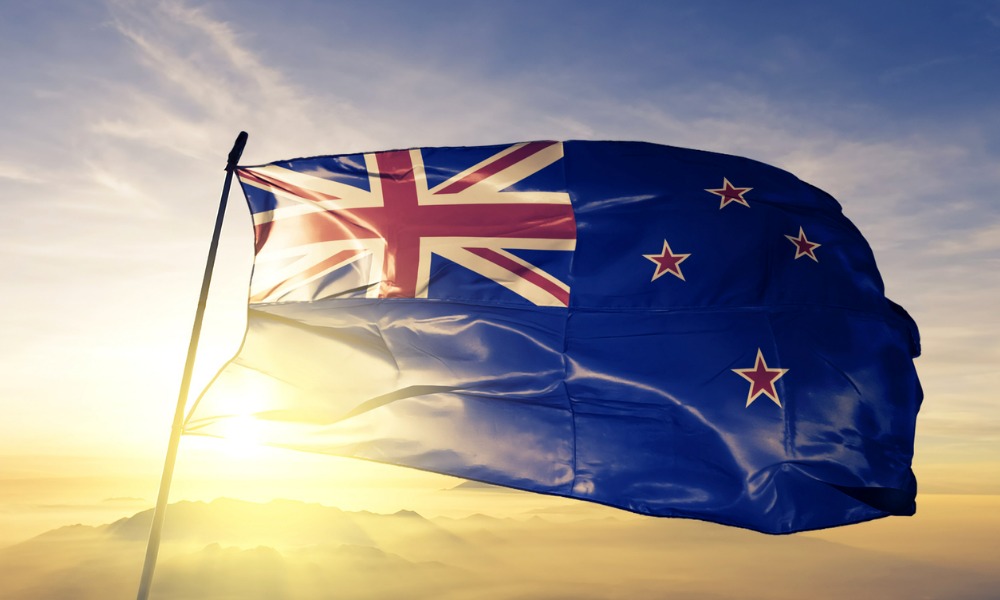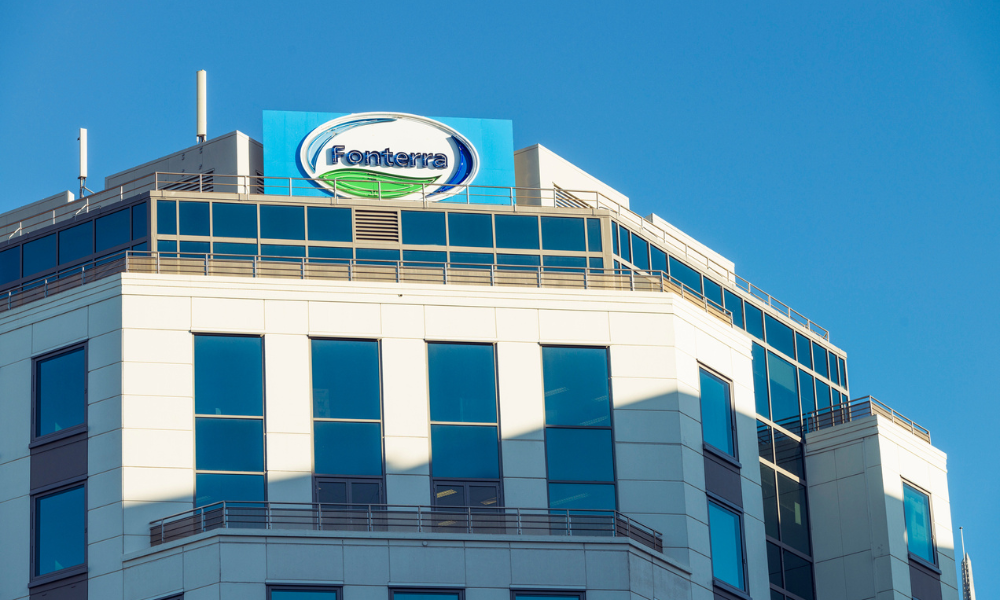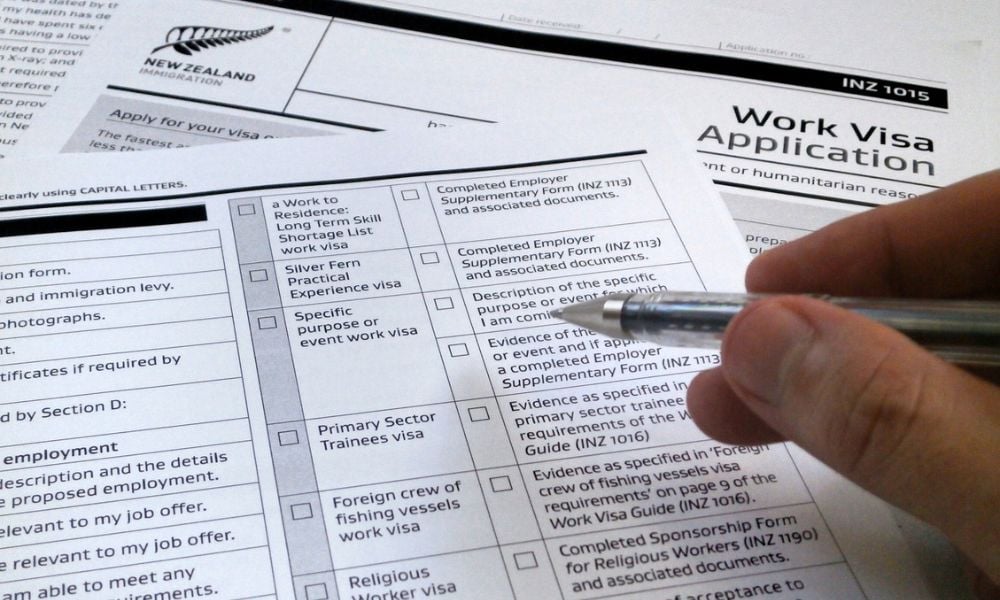One tourism HR manager says "she feels everyone's pain"

Rachel Rose, HR and recruitment manager at tourism operator Southern Discoveries, said in all her time working in recruitment and HR the only thing that has come close to the current talent shortage in tourism was the IT talent crisis that hit around the year 2000.
“That was a crazy time; we thought the world was going to come to an end. It was a very stressful time for those types of businesses, and it certainly had that same feeling of real urgency, of how do you get these people on board and what do you use to tempt them over,” Rose says.
New Zealand’s tourism mecca Queenstown hit the national headlines earlier this year when the borders reopened, and tourists were greeted by hospitality and tourism operators unable to open their businesses due to a lack of bodies to fill roles. One economist estimated that Queenstown businesses lost $3 million in revenue in the month of June alone due to staff shortage closures.
Read more: Staff shortages cost tourism industry millions
Despite government measures designed to alleviate the tourism talent strain, as Queenstown heads into its busy summer months, employers are still struggling to fill vacancies, and many are still being forced to close some days of the week.
“We’ve been basically recruiting non-stop, constantly, at a steady, steady pace for four months now,” Rose said, but despite the heavy recruitment schedule, 10 of the 30 vacancies Southern Discoveries had available four months ago remain unfilled. Looking on the bright side, she said that some good had come out of it.
“In the beginning it was painfully slow, and it was worrying because you sort of go, oh my goodness, we’re not going to have anyone coming from overseas,” said Rose, whose pre-COVID talent pool was 20-something overseas travellers who haven’t returned to our shores as fast as the industry needs. “But it was a good thing because we became more human, we had to think outside the square, we had to consider people working from home or working school hours. There was definitely discrimination in the tourism industry before, and now there can’t be.”
Read more: New Zealand boosts funding into tourism workforce
Rose’s extensive experience in recruitment and HR told her to go back to basics. “One thing we’ve had to be is very responsive. If someone applies for a job, you can’t leave it for a week. It’s going back to the absolute basics of good contact and proper interview process,” Rose said. She added that while tempting to cut corners and hire quickly, ultimately that’s not a good long-term solution.
Rose counted herself lucky to be employed by a medium-sized operator that was able to commit resources to a dedicated HR function, a luxury that many of the operators in New Zealand don’t have. “Recruitment is really hard for the businesses that don’t have additional resource to find people,” she said. That’s especially true when that company hasn’t had to do any recruitment before.
Speaking to the situation pre-COVID where hundreds of travellers turned up in Queenstown daily seeking jobs in tourism and hospitality Rose said, “We had it so easy. We didn’t have to be that creative, but now there’s just this volume of roles. I feel everyone’s pain.”








